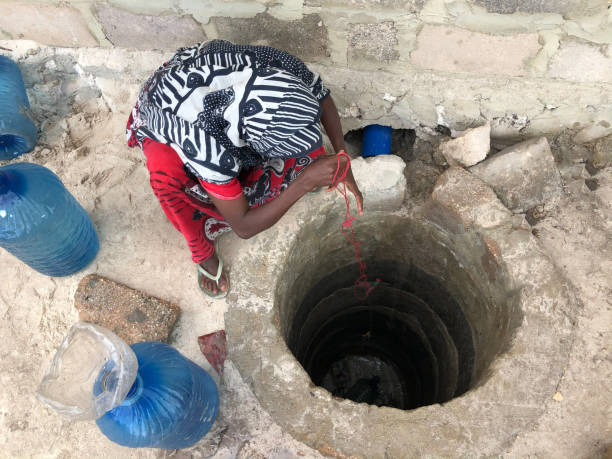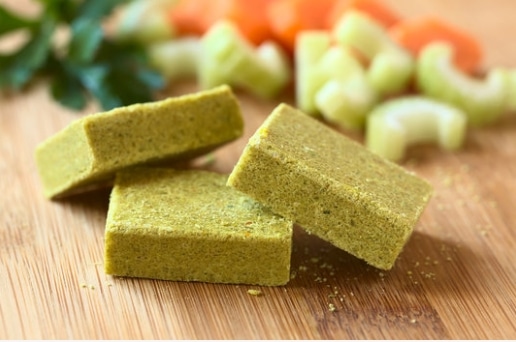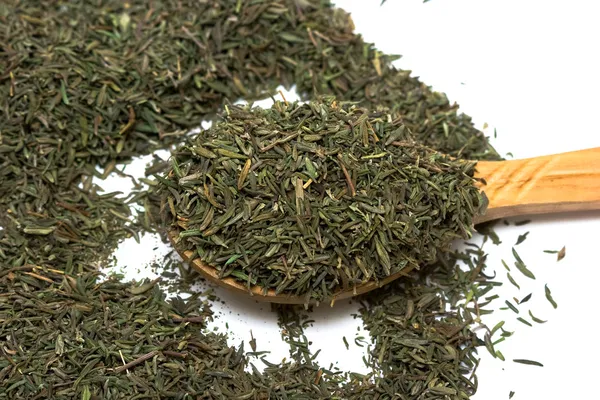Access to safe and clean drinking water is essential for good health. In Nigeria, many rural communities rely on wells as their primary source of drinking water.
Wells are usually dug to serve as a reservoir for water collection.
Well water can be contaminated with bacteria, viruses, and other harmful substances, making it a potential health hazard.
However, with the right treatment, well water can be made safe for consumption.
It is important to treat well water before using it to ensure it is safe to drink or cook. If you use well water, you need to learn about the ways you can treat it and make it safe for usage.
Now, let us find out some of the most effective methods used to treat well water in Nigeria.
1. Boiling
Boiling well water is one of the simplest and most effective methods for treating well water in Nigeria.
It kills most types of bacteria, viruses, and parasites that may be present in the water.
Boiling water for at least one minute will kill most microorganisms, making it safe to drink.
But you must note that, boiling may not be effective in removing certain types of contaminants, such as heavy metals, chemicals, and pesticides, which may require other treatment methods.
Furthermore, boiling will not remove any sediment or debris that may be present in the water, so it is recommended to filter the water before boiling if it is visibly dirty.
2. Chlorination
Chlorination is a common method of treating well water in Nigeria.
Chlorine is added to the water, which kills bacteria, viruses, and parasites, including those that can cause illnesses such as cholera, typhoid, and hepatitis A.
Nevertheless, chlorination does not remove all chemical contaminants, and some types of bacteria, such as cryptosporidium, can be resistant to chlorine.
Remember that you have to follow proper procedures for chlorinating well water to avoid over-chlorination or under-chlorination.
Over-chlorination can cause health problems and damage to the environment, while under-chlorination may not effectively disinfect the water.
3. Ultraviolet Light (Sunlight)
Ultraviolet (UV) light is a chemical-free method of treating well water in Nigeria.
UV light kills bacteria, viruses, and parasites, making the water safe to drink.
UV light systems are relatively inexpensive and easy to maintain, making them a popular choice for treating well water in rural communities.
One of the benefits of using UV treatment is that it does not add any chemicals to the water, making it a chemical-free and environmentally-friendly option for water treatment.
4. Filters
Filters can be used to remove a wide range of contaminants from well water, including bacteria, viruses, parasites, and chemicals.
There are many different types of filters available, including activated carbon filters, ceramic filters, and reverse osmosis systems.
Use a portable water filter with a small pore size to remove parasites. Filters certified by NSF Standards 53 or 58 remove parasites but not viruses or all bacteria.
Reverse osmosis filters remove bacteria, viruses, and salt. Always follow manufacturer instructions and check product labels.
5. pH adjustment
pH adjustment in water treatment entails modifying the pH level to ensure the best water quality.
This can be accomplished by introducing acidic or alkaline agents.
For instance, injecting acid can decrease high pH levels, whereas adding substances like soda ash or sodium hydroxide can increase low pH levels.
Techniques used include pH neutralizing filters, limestone contactors, and soda ash feeders. Effective pH adjustment is crucial for preventing corrosion and scaling, as well as enhancing the efficiency of disinfection processes.
Some chemicals, such as lead and nitrates, are more easily removed from well water if the pH of the water is adjusted.
pH adjustment is usually accomplished by adding an alkaline substance, such as baking soda, to the water.
6. Physical Removal
In some cases, physical removal of contaminants from well water may be necessary.
This can include removing sediments and other particles from the water through filtration or removing chemical contaminants through ion exchange or other treatment methods.
It is important to test well water regularly to ensure that it is safe to drink.
A range of simple and affordable water testing kits are available in Nigeria, which can be used to test well water for a range of contaminants, including bacteria, viruses, parasites, and chemicals.
If the results of the water test are positive for harmful substances, it is important to take action to treat the well water immediately.
Conclusion
Treating well water in Nigeria is essential to ensure that it is safe to drink.
There are a variety of methods available, including boiling, chlorination, ultraviolet light, filters, pH adjustment, and physical removal, which can be used to treat well water.
If you regularly testing well water and take action to treat it if necessary, you can help to ensure that you and your families have access to safe, clean drinking water.
YOU SHOULD ALSO READ:
- What Are The Health Effects of Hard Water?
- 3 Adverse Health Effects of Drinking Contaminated Water
- 5 Ways To Make Clean Water At Home
Collins Nwokolo is a human physiologist, writer and health enthusiast. He loves writing helpful articles on health and fitness, which he enjoys sharing with everyone.








